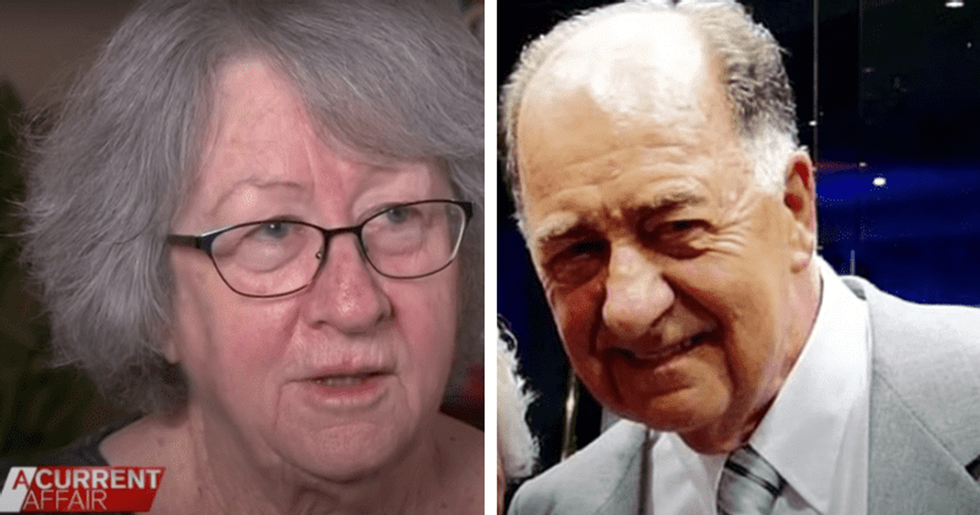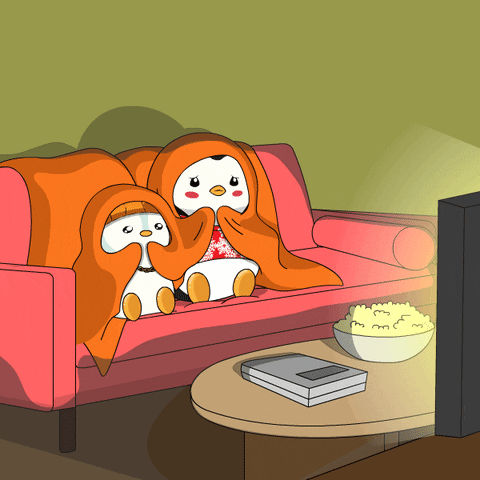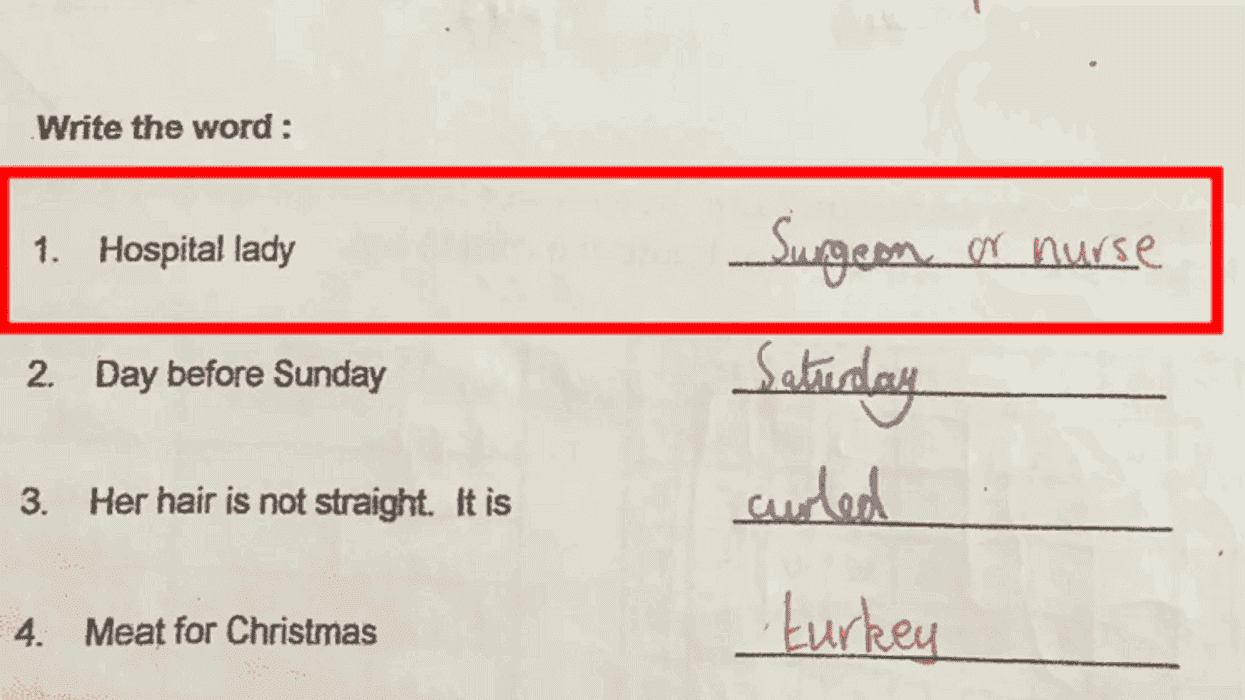John Perrett was many things throughout his 86 years—a pharmacist, property investor, avid sportsman, and above all, deeply generous. Despite his considerable wealth, he lived simply and kept a small, cherished group of friends. But upon his passing in 2020, Perrett's quiet generosity transformed lives in profound ways.
An unexpected call changes everything
Jane Sayner, 74, was a longtime renter of a modest two-bedroom unit in Melbourne owned by Perrett. For more than two decades, she enjoyed tending to the home's garden, never imagining she'd one day call the property her own.
Then came the surprise of a lifetime.

"I got a phone call from him one day, and he said, 'I want you to talk to my solicitor; he is here at the moment, and can you give him your full name because I'm leaving you the unit,'" Sayner recounted to A Current Affair.
In an instant, after 23 years as a tenant, Sayner became the homeowner, thanks entirely to Perrett's thoughtful generosity.
"Thanks, John," Sayner shared simply and gratefully.
A kidney transplant inspires generosity
With no immediate family, Perrett rarely indulged in luxuries, instead finding meaning through quiet acts of kindness. A friend noted to 7 News that Perrett’s humble belongings included little more than an old TV with a buzzing green-tinted screen.
His life's biggest gift came decades after he received one himself—a kidney transplant performed at Royal Melbourne Hospital, which remarkably lasted more than 30 years. Perrett never forgot the care he received, choosing to donate $19.6 million to the hospital's nephrology department.
Professor Nigel Toussiant from Royal Melbourne Hospital called the legacy donation "just amazing."
“That kidney transplant lasted 30-plus years and it was still functioning when he passed away in his mid-80s,” Toussiant told 9Now. “That was a life-saving gift, I guess, to take him off dialysis and he was obviously grateful for the care that he received, for all the doctors and nursing and medical staff.”
Perrett's unprecedented donation remains the largest in the nephrology department’s history, and the hospital plans commemorative plaques and memorials to honor his legacy.
A quiet life with profound impact
Perrett spent much of his professional life as a pharmacist on Main Road West, My Tributes noted. He loved sports like tennis and football and had fond memories of childhood bike rides through paddocks. Never married, his circle was small but deeply meaningful. He cared compassionately for his father until his passing, later navigating his own Parkinson’s diagnosis by moving into a nursing home, still quietly planning his impactful legacy.
Now, his kindness continues to touch lives: Jane Sayner has the joy of gardening in her own home, and Royal Melbourne Hospital has the resources to extend and improve countless lives.
"Did this really happen?" Sayner still marvels.
- YouTube www.youtube.com
Those touched by Perrett's quiet presence will never forget how his thoughtful generosity changed their worlds forever.
If Perrett’s story inspires you, consider supporting your local nephrology center or registering as an organ donor—proving one quiet act of kindness can indeed change everything.
This article originally appeared earlier this year.

















 A young person doing their monthly budgetCanva
A young person doing their monthly budgetCanva
 Gif of little dog holding guitar with caption "Time For Tacos" via
Gif of little dog holding guitar with caption "Time For Tacos" via 

 A woman scrolls through a dating appCanva
A woman scrolls through a dating appCanva
 A young woman scrolling on her phoneCanva
A young woman scrolling on her phoneCanva Gig of two cartoon penguins watching TV via
Gig of two cartoon penguins watching TV via  Gif of a storm trooper flipping through sings that say 'no' via
Gif of a storm trooper flipping through sings that say 'no' via 

